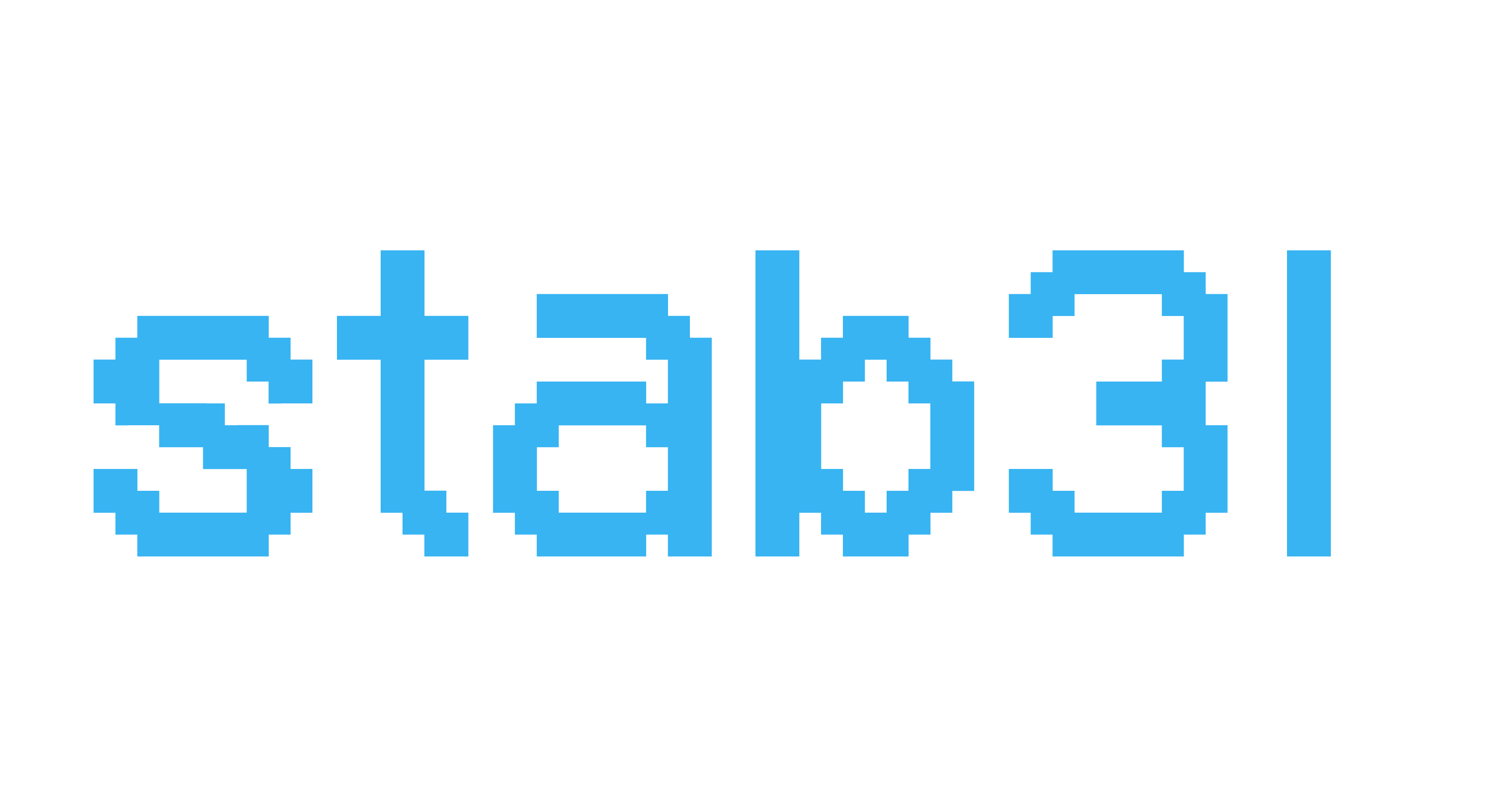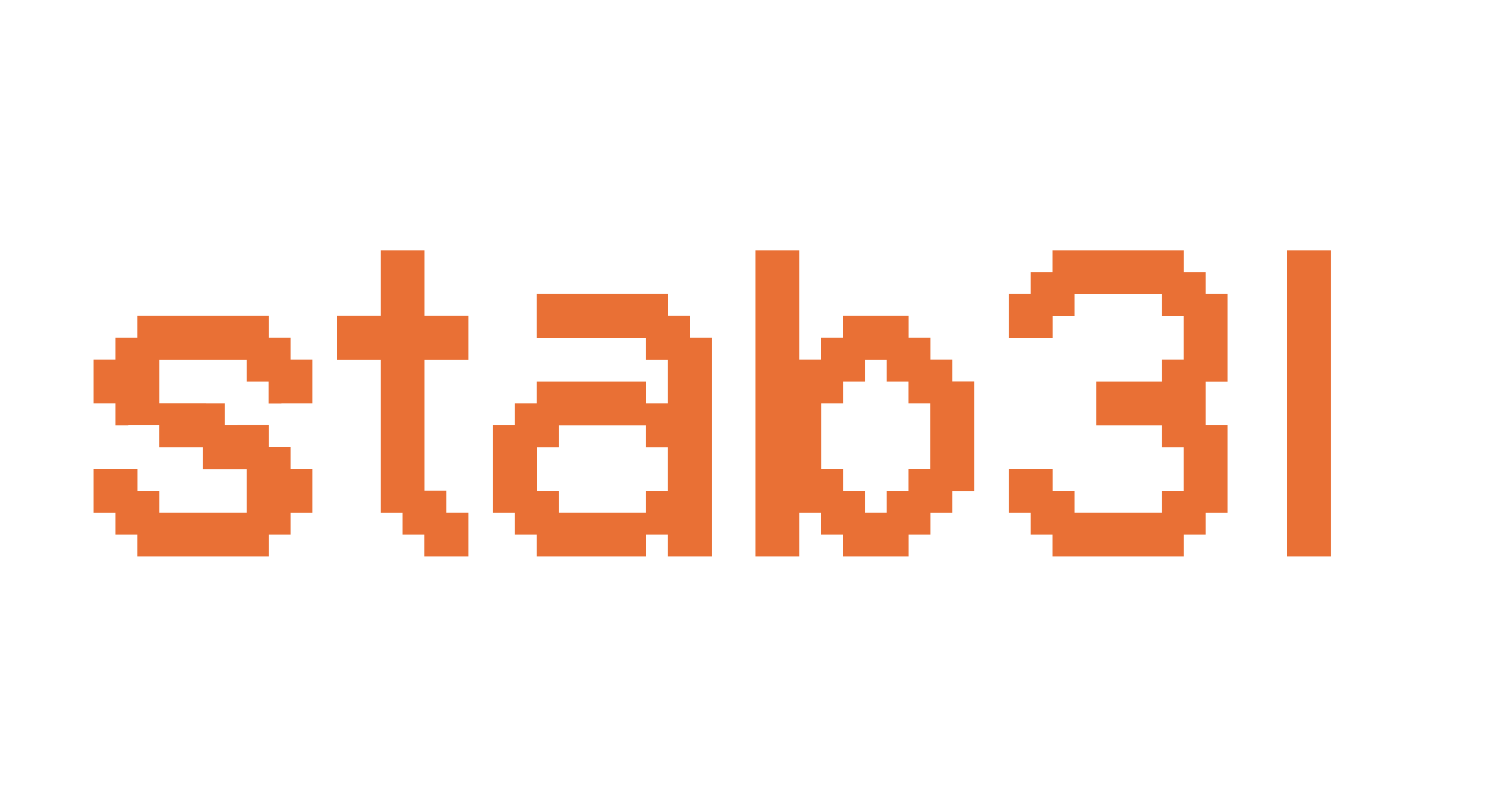Governance
Learn how to participate in STAB3L governance using rSTB tokens
Governance Guide
STAB3L is governed by its community through a decentralized governance system powered by the rSTB token. This guide explains how to participate in governance decisions and help shape the future of the platform.
{% hint style="info" %} The rSTB token is the governance token of the STAB3L ecosystem, separate from the sSTB utility token. {% endhint %}
{% hint style="warning" %} Important: CU tokens are NOT tradable assets. They are temporary tokens that are burned immediately when exchanged for sSTB. This burning mechanism is crucial for maintaining the peg and ensuring that each sSTB is backed by real compute resources. {% endhint %}
Overview
Governance decisions are made through on-chain voting using the rSTB token. Holding rSTB tokens grants you voting power proportional to your holdings.
The governance system allows token holders to propose and vote on changes to:
- Protocol parameters (fees, rewards, etc.)
- Smart contract upgrades
- Treasury fund allocations
- Partner integrations
- Other platform changes
Chart loading...
rSTB Token
The rSTB token is the governance token of the STAB3L ecosystem:
- Total Supply: 1 billion tokens
- Token Contract:
0x...(ETH),0x...(Arbitrum) - Token Standard: ERC-20
Acquiring rSTB Tokens
There are several ways to acquire rSTB tokens:
Earn rSTB tokens by providing compute resources:
- Go to the Provider page
- Connect your wallet
- Register as a compute provider
- Verify your compute resources
- Stake your compute resources
- Earn rSTB tokens as rewards based on your contribution
Purchase rSTB tokens on supported exchanges:
- Uniswap (Ethereum)
- SushiSwap (Arbitrum)
- Balancer (Polygon)
- Centralized exchanges: Binance, Coinbase, Kraken
Earn rSTB tokens by participating in the ecosystem:
-
Providing liquidity in the marketplace
-
Participating in community activities
-
Contributing to the platform development
-
Referring new users
Governance Process
The governance process has several stages:
1. Create a Proposal
To create a governance proposal:
-
Hold at least 1,000 rSTB tokens
-
Go to the Governance page
-
Click "Create Proposal"
-
Fill out the proposal details:
- Title
- Description
- Changes to be implemented
- Technical implementation details (if applicable)
-
Submit your proposal
2. Discussion Period
After a proposal is submitted, it enters a 3-day discussion period. During this time:
-
Community members can discuss the proposal
-
The proposer can provide additional information
-
Feedback can be incorporated into the proposal
3. Voting Period
Following the discussion period, the proposal enters a 5-day voting period. During this time:
-
rSTB token holders can vote "For", "Against", or "Abstain"
-
Your voting power is determined by your rSTB balance at the time the proposal was created.
-
You can split your votes if you have delegated voting power
To vote on a proposal:
-
Go to the Governance page
-
Click on the active proposal
-
Choose your vote: "For", "Against", or "Abstain"
-
Confirm the transaction
4. Implementation
If a proposal passes, it enters a timelock period (usually 2 days) before implementation. This gives users time to prepare for any changes.
After the timelock period, the proposal is automatically implemented through the governance contract.
Creating an Effective Proposal
To increase the chances of your proposal being approved, follow these guidelines:
Proposal Template
Requires: 1,000 rSTB
Title
A clear, concise title for your proposal
Summary
A brief summary of what your proposal aims to achieve
Motivation
Why this change is needed and what problem it solves
Specification
Detailed description of the proposed changes
Technical Implementation
How the changes will be implemented technically
Economic Rationale
The economic impact of the proposal
Test Cases
How the changes have been tested
Governance Parameters
The governance system has several parameters that define how proposals are processed:
- Proposal Threshold: Minimum rSTB tokens required to create a proposal (1,000 rSTB)
- Quorum: At least 4% of total rSTB supply must vote
- Majority: >50% of votes must be "For" for a proposal to pass
- Discussion Period: 3 days
- Voting Period: 5 days
- Timelock: 2 days for standard proposals, 6 hours for emergency proposals
These parameters can be updated through governance proposals.
Governance Contract
The governance system is implemented through a set of smart contracts:
| Contract | Address | Description |
|---|---|---|
| Governance | 0x... | Main governance contract |
| Timelock | 0x... | Executes approved proposals after timelock period |
| Treasury | 0x... | Manages protocol funds |
| Proposal Threshold | 1,000 rSTB | Minimum rSTB to create proposal |
| Quorum | 4% | Minimum participation required |
Delegation
You can delegate your voting power to another address without transferring your tokens. This is useful if:
- You don't have time to actively participate in governance
- You want to support a delegate who shares your vision
- You want to pool voting power with like-minded token holders
To delegate your voting power:
- Go to the Governance page
- Click "Delegate"
- Enter the address you want to delegate to
- Confirm the transaction
You can change your delegation or reclaim your voting power at any time.
Governance Analytics
The governance dashboard provides analytics on governance activity:
- Proposal Success Rate: Percentage of proposals that have passed
- Voting Participation: Percentage of rSTB tokens that participate in voting
- Top Delegates: Most popular delegation addresses
- Historical Votes: Record of past governance decisions
Chart loading...
Security Measures
The governance system includes several security measures:
- Timelock: Provides time for users to exit if they disagree with a proposal
- Emergency Cancellation: Multisig can cancel malicious proposals
- Guardian Role: Can pause governance in emergency situations
- Security Council: Reviews proposals with smart contract changes
Community Discussion
Join the governance discussion on our community channels:
Conclusion
Governance is a key aspect of the STAB3L platform's decentralization and development. By holding rSTB tokens and actively participating in governance, you can help shape the future of decentralized compute resources.
For more information on governance, check the Governance FAQ or join our community channels.

